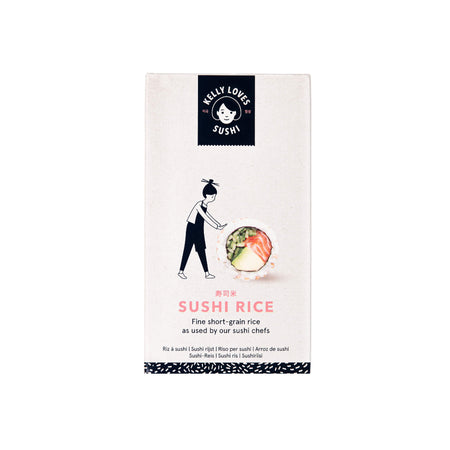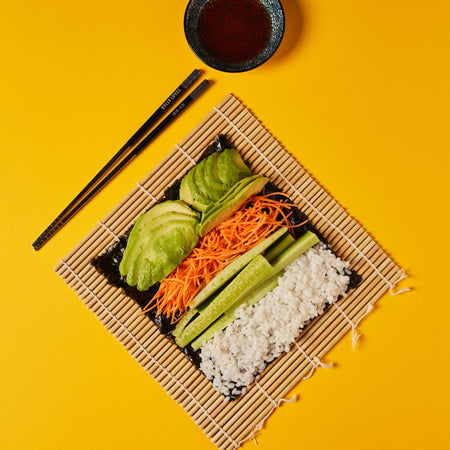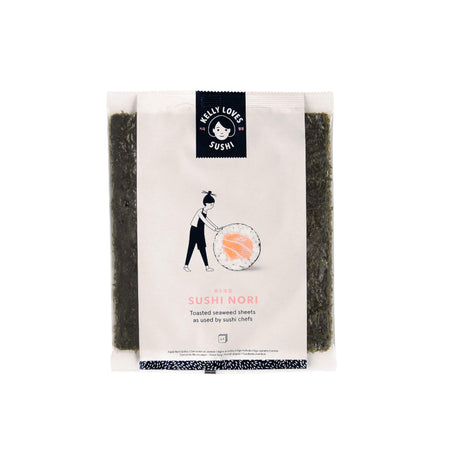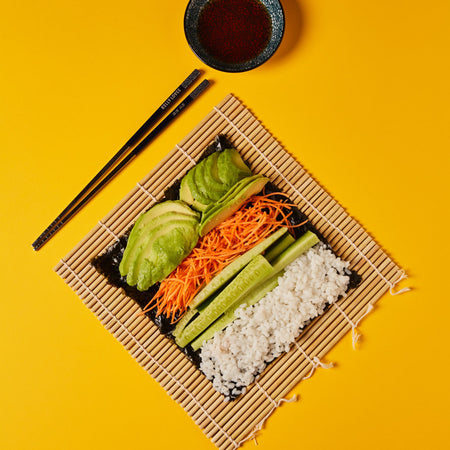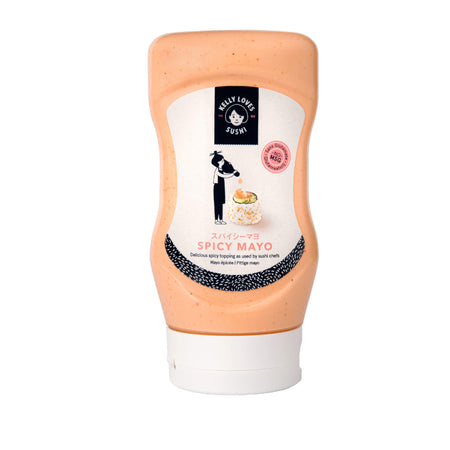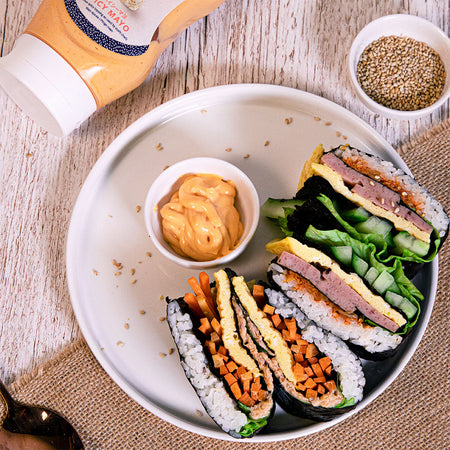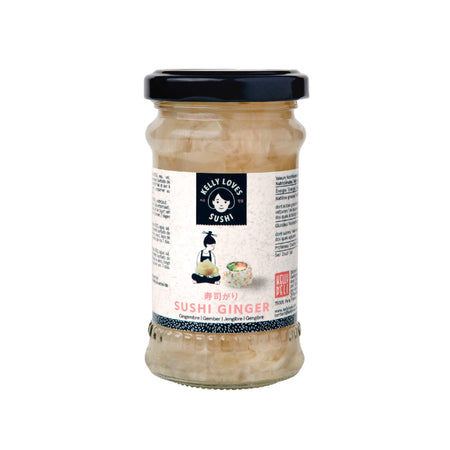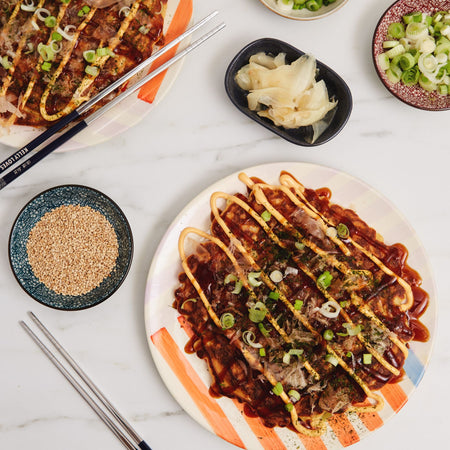Exploring the splendours of Chuseok: Korea's bountiful harvest festival
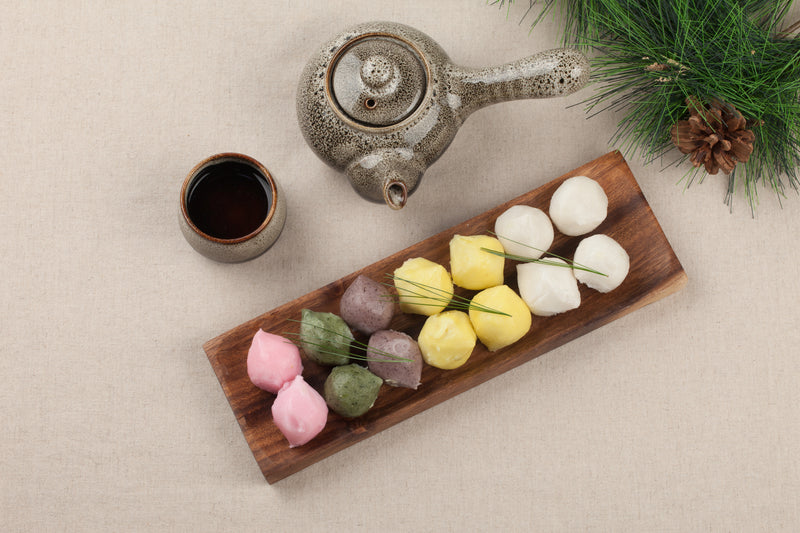
The origins of Chuseok
Chuseok, also known as Korean Thanksgiving or Hangawi, has deep historical roots dating back over 2,000 years. Originating from an ancient agrarian society, this harvest festival gives thanks to ancestral spirits for a bountiful harvest. Traditionally held on the 15th day of the 8th lunar month, Chuseok coincides with the full moon, symbolising unity and abundance.
Farmers would gather with their families to honour their hard work and seek blessings for the coming year. Over time, the festival evolved into a beautiful blend of cultural traditions and remains a cherished part of Korean culture, uniting families and communities in joyous celebrations, feasts, and gratitude for nature's gifts and our ancestors' legacy. It's a time to reflect on Korean heritage and create cherished memories with loved ones.
The meaning behind Chuseok
Chuseok holds a profound meaning beyond its joyous celebrations. As families gather to express gratitude for the harvest, it's a time to honour ancestors' spirits and cherish cultural heritage.
The festival symbolises unity, as people come together to pay respects at ancestral graves, fostering a deep sense of belonging. Chuseok also serves as a reminder of the cyclical nature of life, as the autumn season marks the end of the farming cycle and the beginning of preparations for the coming year.
The rituals and customs during Chuseok carry forward the values of respect, thankfulness and family bonds, making it a cherished occasion that continues to enrich Korean culture and instil a sense of tradition.
Chuseok traditions and customs
Paying respects to your ancestors is at the heart of Chuseok. In fact, one of the most important rituals during this period is to embark on heartfelt visits to ancestral graves, offering food, drinks and colourful tributes to honour their heritage. It's a touching display of love and gratitude for those who came before.
That said, it's not all solemnity! Chuseok is a time for lively traditions that fill the air with laughter and joy. One of the highlights is Ganggangsullae, a traditional circle dance performed under the radiant full moon. Neighbourhoods join hands, forming a mesmerising spectacle as they sway and twirl in unison, celebrating life's abundance.
For those seeking some playful action, ssireum wrestling matches are a must-see! Or, the young and young at heart can also indulge in yutnori, a traditional board game that sparks friendly rivalries and endless fun.
As the crisp air sets in and the scent of incense fills the air, homes are adorned with colourful paper lanterns and traditional hanbok attire, adding to the festive atmosphere.
Family reunions
Chuseok is a time for family reunions that warm the soul. As the harvest moon rises, loved ones gather to share laughter, love and indulgent feasts. It's a time when cities buzz with excitement as people embark on journeys back to their hometowns, carrying gifts and joyful anticipation. From grandparents to grandchildren, everyone eagerly gathers to honour ancestors, indulge in authentic cuisine and play traditional games like yutnori.
Ancestral graves are lovingly adorned with colourful tributes as generations come together to pay respects and share stories of the past. The air is filled with love, stories and hearty embraces, making Chuseok an unforgettable celebration that strengthens family bonds and creates cherished memories.
A feast for the senses
Chuseok is a mouthwatering extravaganza of delectable delights! The star of the show is songpyeon — delectable rice cakes filled with sweet sesame, chestnut and red bean paste. These little gems are crafted with love, passed down through generations, and are as delightful to the eyes as they are to the taste buds.
But that's not all…the table overflows with savoury jeon — crispy Korean pancakes filled with tantalising ingredients like vegetables, seafood, meat and of course, kimchi. From the first bite to the last, Chuseok's sumptuous spread is a feast that brings families together, celebrating the harvest's bounty and the joy of togetherness.
Friendly competition
Of course, family reunions don’t come without some friendly competition and camaraderie. Jegichagi reigns supreme – a game where players try to keep a lightweight paper shuttlecock in the air using their feet. Meanwhile, Neolttwigi brings daring acrobatics to the occasion as individuals jump on a seesaw-like board, soaring into the air while others watch and clap in time.
While Chuseok honours tradition, modern elements like karaoke, board games, and Korean dramas are also popular traditions during this time, bridging the gap between the old and the new.
The beauty of Chuseok decorations
Chuseok decorations paint a mesmerising tapestry of colours and symbols, transforming homes into enchanting wonderlands during this Korean harvest festival. Outside, vibrant japchae (paper lanterns) illuminate the night, casting a soft glow on streets and houses, while families adorn their doorways with Chuseokga, intricate paper garlands in vibrant hues.
Tables are decked with songpyeon and garaetteok (white rice cakes), as well as fresh fruits and fragrant flowers. Bountiful hanboks also flaunt rich, diverse hues adorned with delicate embroidery and striking patterns, reflecting the essence of cultural heritage.
During Chuseok, the streets and homes are transformed into a kaleidoscope of colour, showcasing the nation's spirited artistry.
Modern celebrations and changes
Today, Chuseok has gracefully adapted to the rhythm of modern times while preserving its cultural essence. While traditional customs remain at the core, practical changes have emerged to accommodate busy urban lifestyles. Families now often gather for Chuseok over extended weekends, rather than the full three days, to ensure everyone can participate in the festivities.
Moreover, technology has found its place in celebrating Chuseok, with virtual reunions for far-flung relatives, exchanging well-wishes via video calls and sharing festive moments on social media platforms. And traditional games and activities coexist harmoniously with modern activities, such as board games, video games and movie marathons.
Despite the evolution, Chuseok's spirit of gratitude, family unity, and celebration of Korean heritage is still very much prominent, making it an enduring festivity that bridges the gap between generations while embracing the beauty of the past and the excitement of the future.
A tale of three harvest moons
Chuseok in Korea, Tsukimi in Japan and the Moon Festival in China are three captivating harvest festivals all celebrated around the enchanting allure of the harvest moon. Celebrated on the same day, these festivals share a profound appreciation for nature's abundance and bountiful harvest.
In South Korea, Chuseok's rituals offer a heartfelt tribute to ancestors, with families sharing traditional dishes under the radiant Harvest Moon. Meanwhile, Japan's Tsukimi festivities involve gazing at the Otsukimi moon, savouring rice dumplings and seasonal delicacies in lunar admiration. Over in China, families gather together to have dinner, worship the moon, light paper lanterns and eat traditional mooncakes.
As the luminous moon rises above their lands, Koreans and Japanese unite in their appreciation for nature, family and shared heritage, enhancing the connection between people and the cosmos.
Taking part in the Chuseok festivities is a truly memorable experience, so why not bring the celebrations home to you? Share a Korean variety box with your friends and family and stock up on a delectable range of authentic Japanese and Korean snacks and drinks. If you are feeling adventurous, rustle up some easy-to-follow recipes that are a must-try during the harvest festival — a sure way to impress your guests!